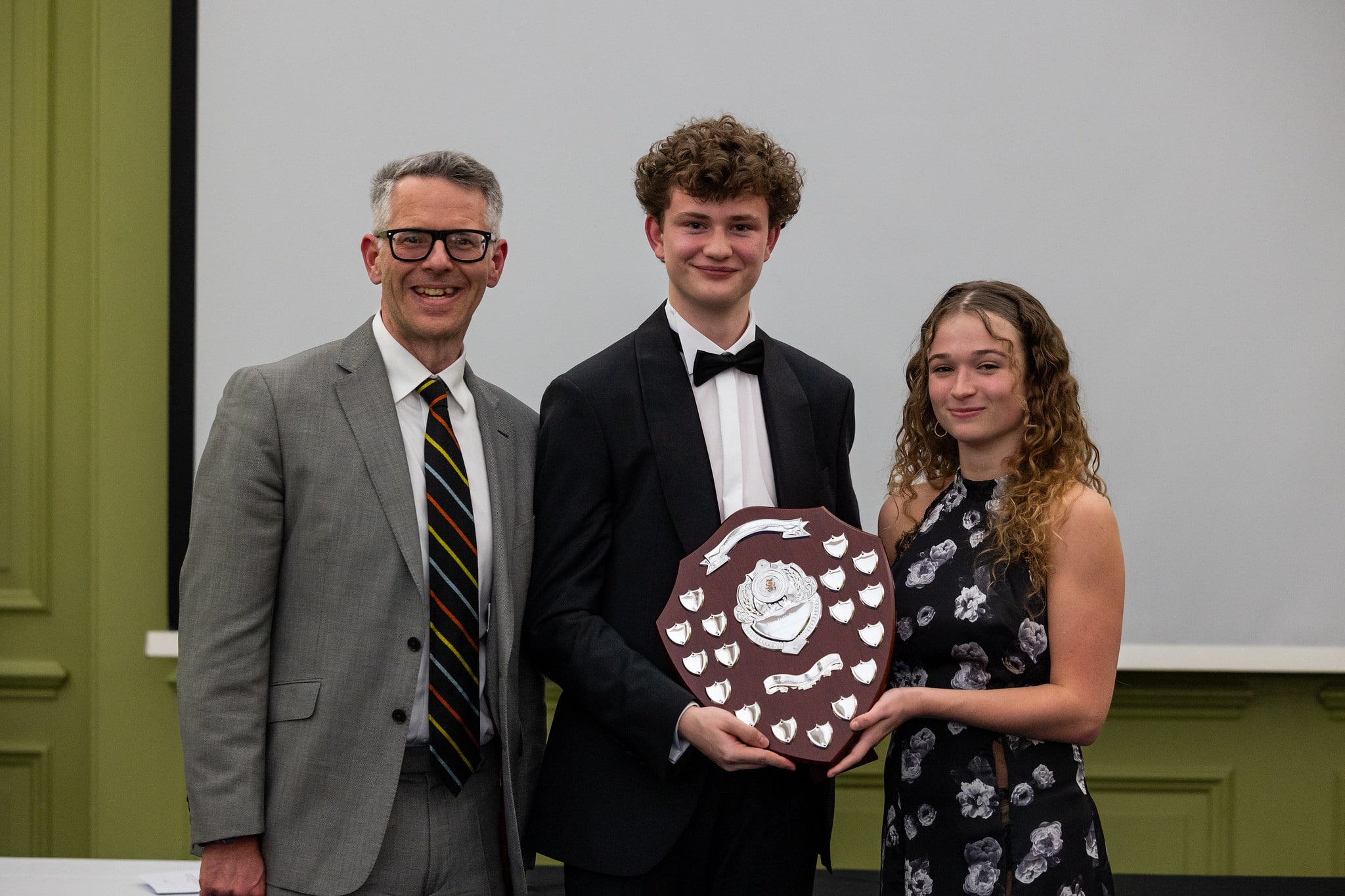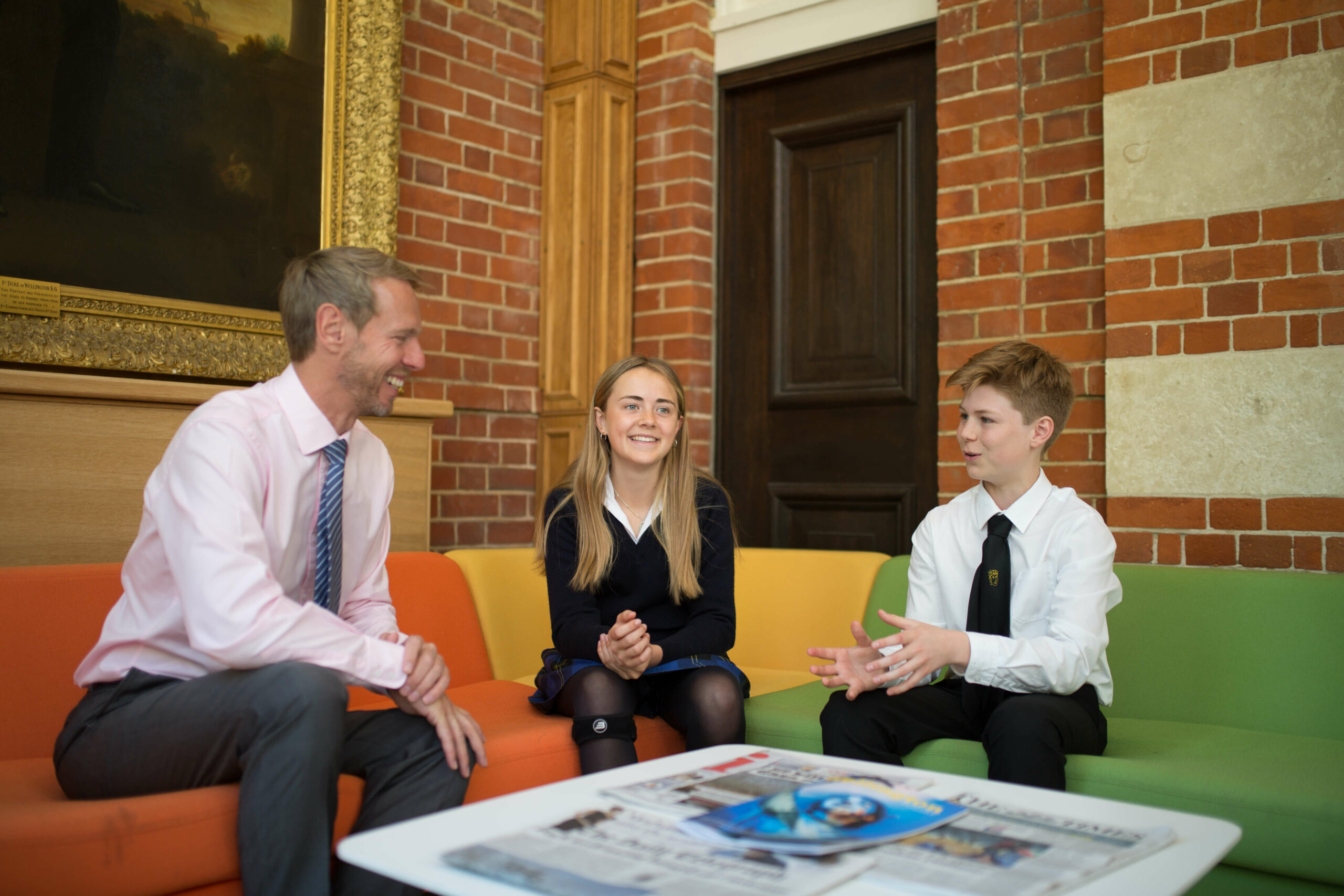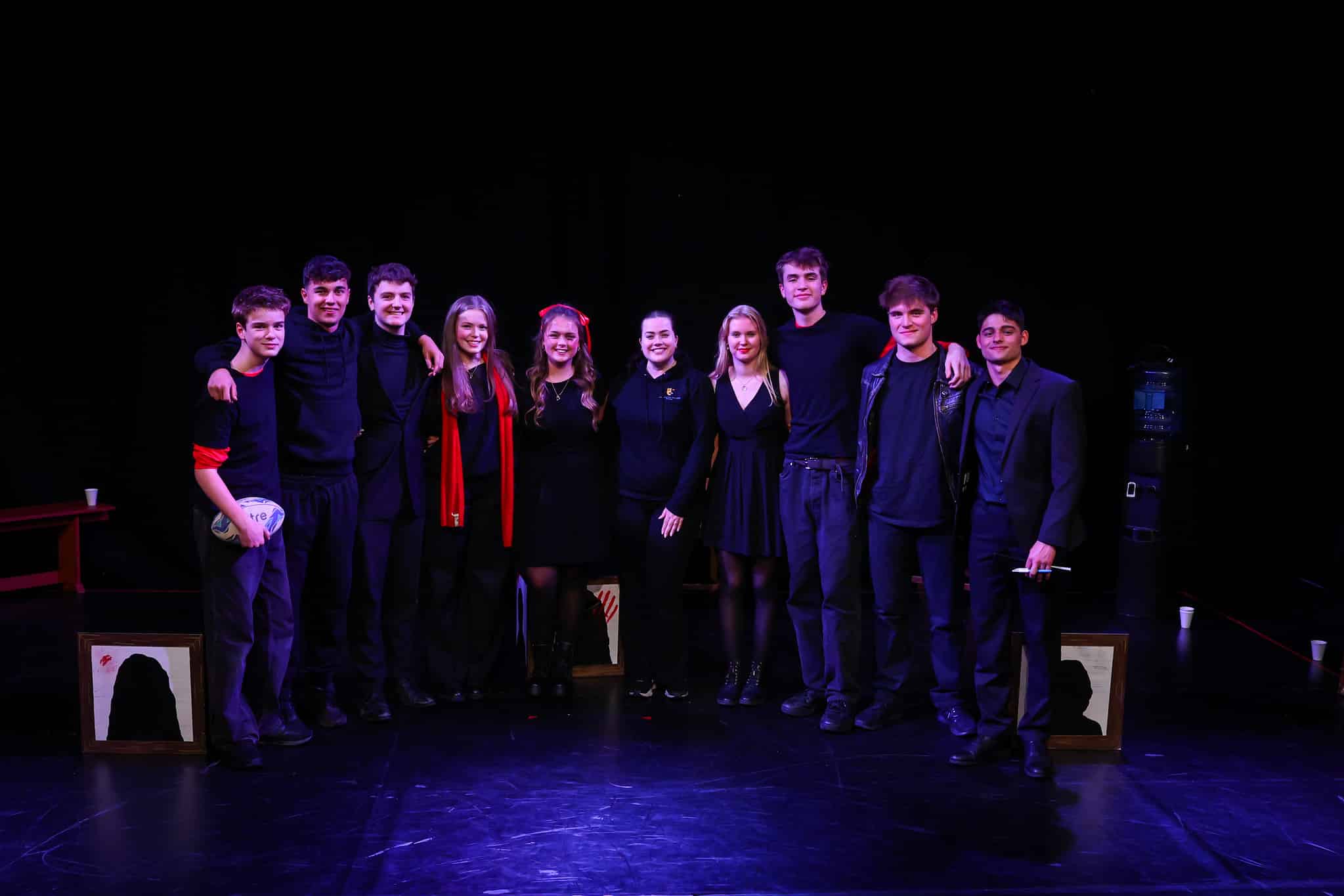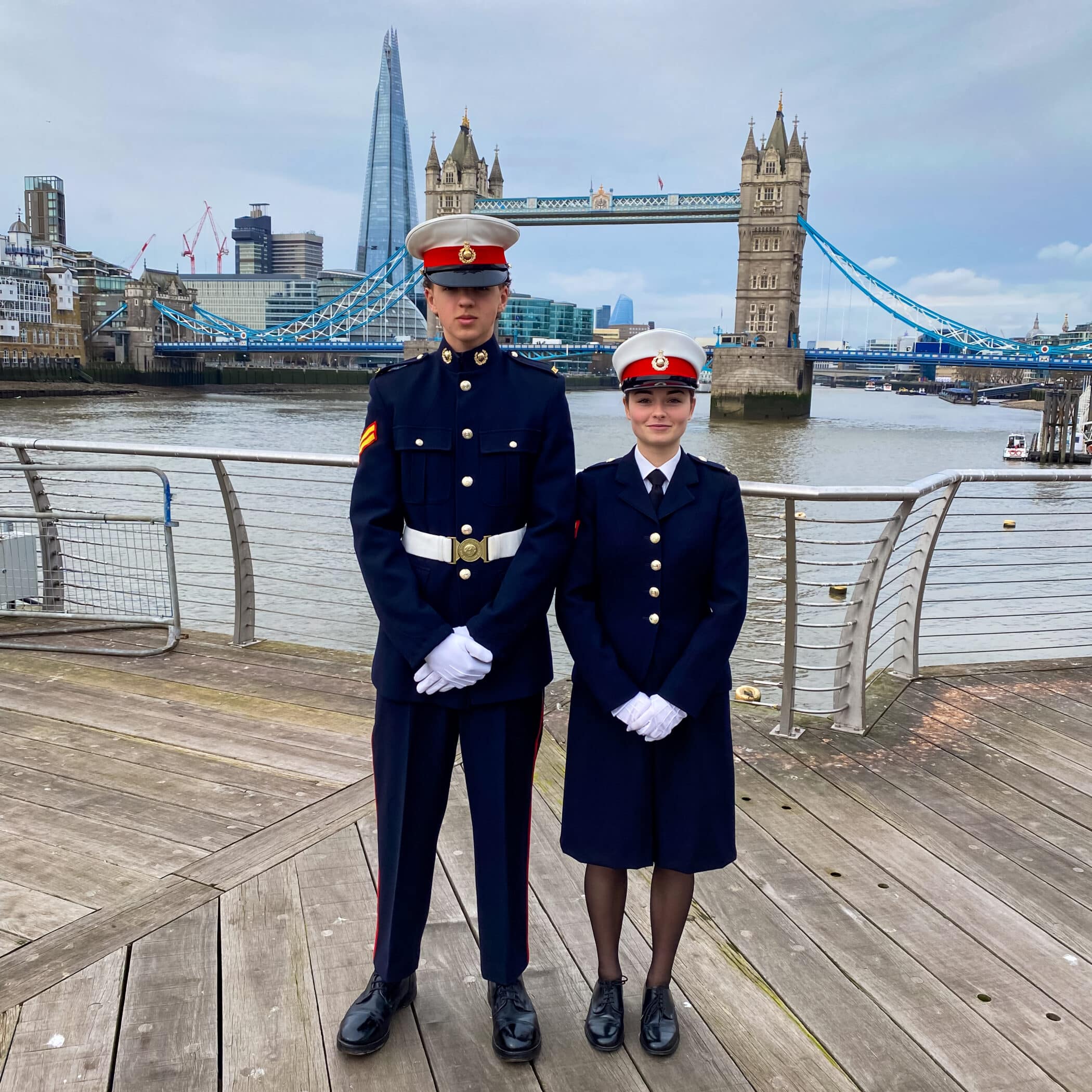
Julian Thomas explains why, of our five College Values, kindness comes first.
In 2012, members of the College community set out to establish what it means to be a Wellingtonian; and, through a collaborative process that involved staff and students alike, the five College Values were born. On the page, they are a formidable quintet of abstract nouns: Kindness, Courage, Respect, Integrity and Responsibility. In our addresses, they offer ideals to which we should aspire. They are our moral compass, pointing out the desired direction of travel. But our challenge, as a community, is to strive to make the abstract concrete, to ensure that these words are translated into meaningful acts that have a bearing on our daily lives.
And the key to this, the key that unlocks all the others, is kindness.
Kindness, in the Old English sense of the word, means acting in a manner that is ‘natural, native and innate’ because it is born of a type of familial trust; it involves treating one another as we would treat a member of our family, or kin. I like the warmth expressed through this etymological link; I like the simplicity of the message. I am heartened when I hear Third Formers describing their house prefects as being like ‘sisters’ or ‘brothers’ and I am proud when I see meaningful collaboration across the Wellington Family of Schools. Our commitment to kindness is embedded in the very vocabulary we use. We are a family; #WeAreWellington.
If kindness is the quality that binds our community together, then I feel very optimistic for the future of the College. This year, the notion of kindness is something that we have revisited time and again. It starts with the small things: at the beginning of Lent Term, I spoke in assembly about the significance of our daily interactions, however fleeting they may be: saying “Good morning”, “Hello” and “Thank you”, or even just a smile or a nod, says, “I’ve noticed you, and I value what you are doing”. This is so important in building positive and cohesive communities, and, at Wellington, I feel we are getting this right.
Chapel addresses and assemblies this year have reinforced our commitment to kindness: James Tapley delivered a powerful message through a reading of Mother Teresa’s ‘Do it Anyway’ poem (‘If you are kind, people may accuse you of selfish, ulterior motives. Be kind anyway’); and Annabel Power (O), with her memorable ‘Be Brave. Be You’ address, reminded us ‘to always be kind to people because you don’t know what they might be going through.’
The five College Values, with kindness at their heart, underpin everything we do at Wellington. At the start of the Summer Term, members of the teaching staff were asked to record and share stories of Wellingtonians, past and present, who had lived by the Values. It was heartening to note that the stories that emerged involved a cast of characters drawn from all branches of the family tree – from the student body, from the teaching and the non-teaching staff, and from members of the local community that we serve. This year, for the first time, we used a values-based approach to select our new Heads of College and College Prefects. We have a great student leadership team in place for the year ahead; with Scarlett and Dan at the helm, I am excited about the positive influence they will have on College life. I know they will inspire through their actions, as well as through their words.
If the Values are our compass, then where exactly are we heading? When I arrived at Wellington, I introduced the Wellington Identity. Why? Because I believe in making the abstract concrete. If the Values give us the direction of travel, then the Wellington Identity represents an outcome or a destination. This is where those abstract nouns gain real substance. Because, by acting with Kindness, Courage, Respect, Integrity and Responsibility, we become Inspired, Intellectual, Independent, Individual, and Inclusive – these are the adjectives that we hope will apply to our students as they leave Wellington.
As we reach the end of another year and prepare to bid farewell to our Upper Sixth students, I feel a sense of familial pride when I reflect on the people they have become and note the direction in which they are heading.
Julian Thomas, Master of Wellington College









